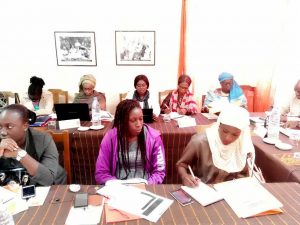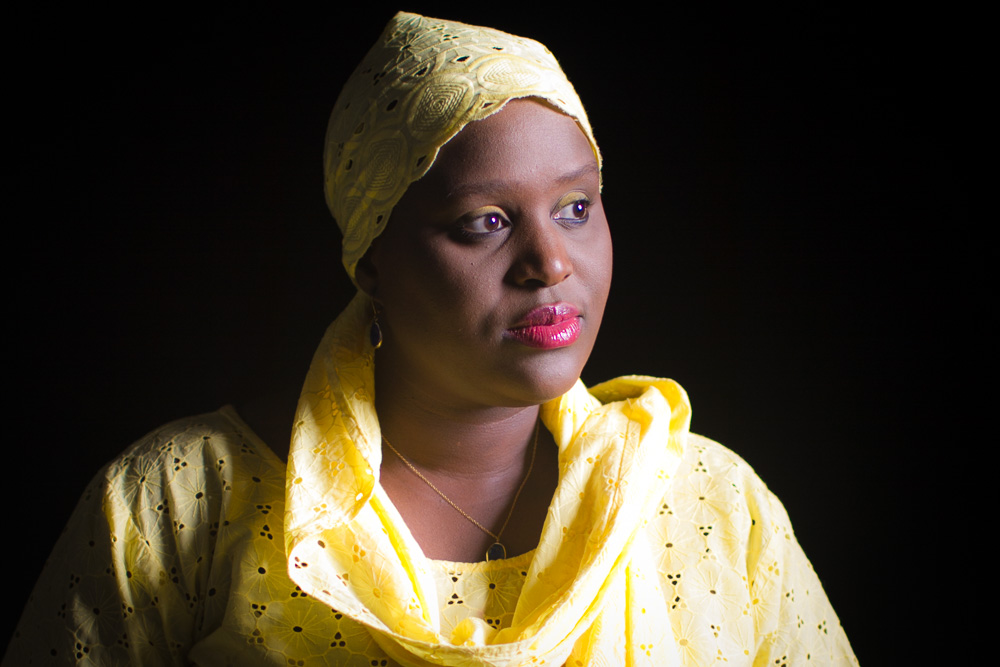In early March 2017, a busy graduate of EMU’s Center for Justice and Peacebuilding (CJP) was asked to take on another important peacebuilding role in West Africa. Woré Ndiaye MA ’13 has been chosen to lead the Senegalese Section of the Women, Youth, Peace and Security Working Group, created in 2009 by the U.N. Office for West Africa and the Sahel and several other organizations.
The working group was originally founded to coordinate a broad network of actors throughout the region working on implementation of U.N. Security Council Resolution 1325, which underscores the impact of armed conflict on women and girls and calls for special consideration of their needs during and after these conflicts.
In recent years, the group’s activities in the region have including solidarity missions to countries facing crises, like the abduction of 200 school girls by a terrorist group in Nigeria, or to support efforts like a woman-led election violence monitoring project in Guinea-Bissau. One of Ndiaye’s first tasks as head of the Senegalese Section of the working group was participating in a mission to the Gambia, where a democratically elected president just took office for the first time since the independence more than 50 years ago.

“We will meet with civil society actors, the President, the First Lady and all stakeholders in order to assess the needs and most importantly express solidarity with the Gambian people,” writes Ndiaye, in an email to EMU.
The working group, which represents tens of thousands of people through thousands of member organizations, has also been tasked with implementation of U.N. Security Council Resolution 2250, calling on governments to give youth better representation and a greater voice in decision-making.
“My vision is that the youth groups as well as women do activities together, and not separate themselves,” Ndiaye writes. “I look forward to each group tapping into each other’s strengths and serving as complementary resources for the success of their activities.”
Ndiaye’s new role in the regional working group will further add to her busy schedule, which includes her position as the Gender, Peace and Security Programme Coordinator at the Goree Institute, a Pan-African peacebuilding and development organization based in Dakar, Senegal. She also works with a conflict prevention program run by the Economic Community of West African States, serves as an advisor to Prime Minister of Senegal, runs a consulting firm and is conducting doctoral research on engaging women and youth in terrorism prevention efforts.
One lesson that Ndiaye remembers well from her time at CJP is John Paul Lederach’s concept of “the pyramid of actors” in a conflict. As a leader with the working group, she intends to locate herself in between the grassroots and the policy makers at the top, in order to facilitate decisions that benefit the lives of those at the bottom of the pyramid.
“I need to be able to navigate from one group to the other with integrity and tact and with the knowledge that is useful to each group,” she writes. “I really hope to be able to do more of that within the group.”
